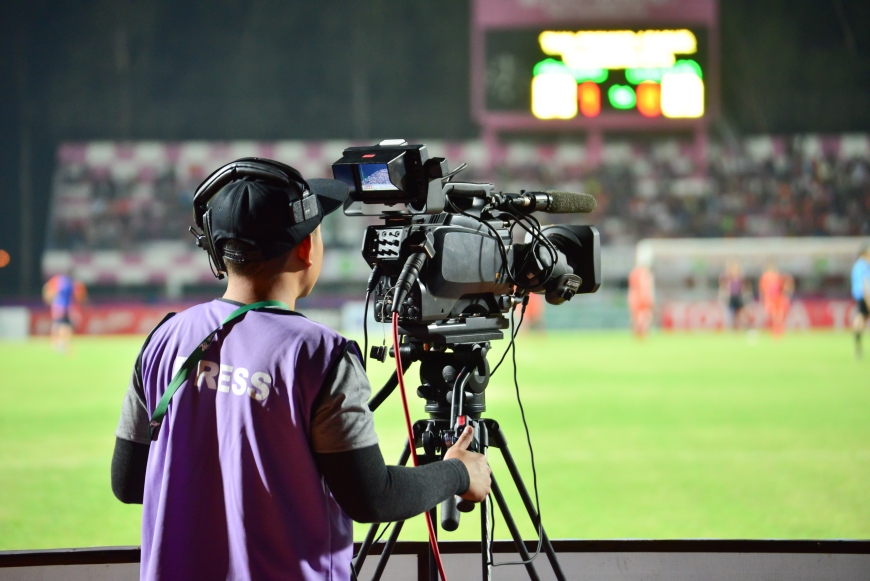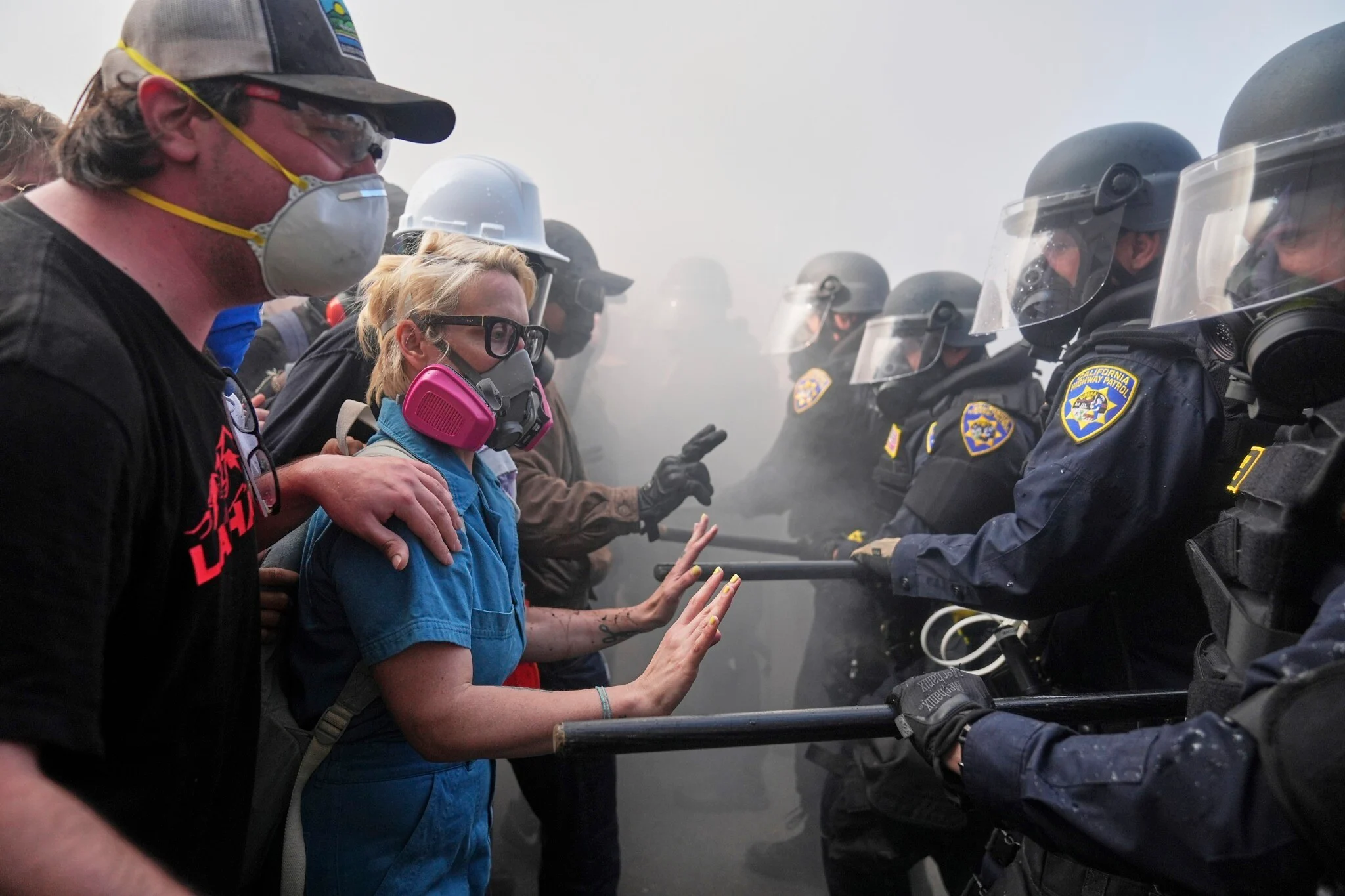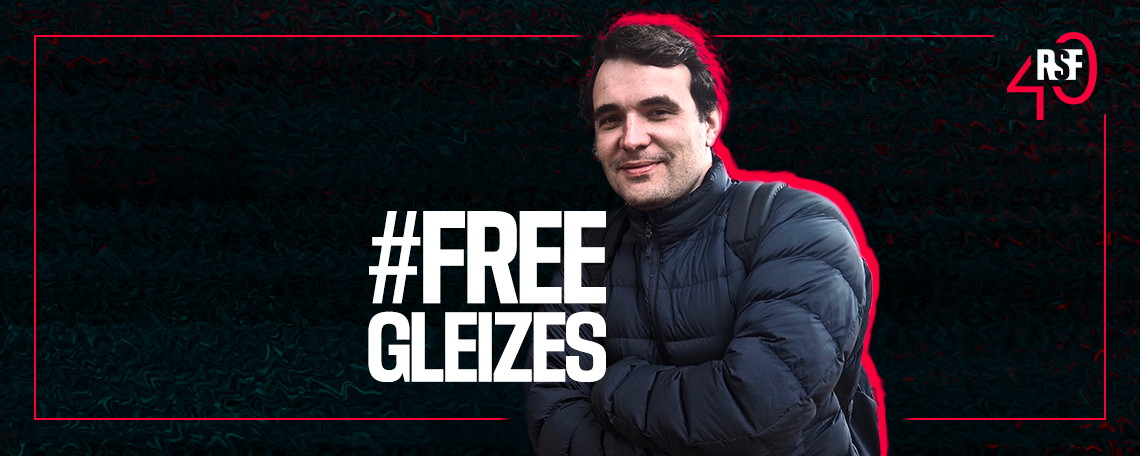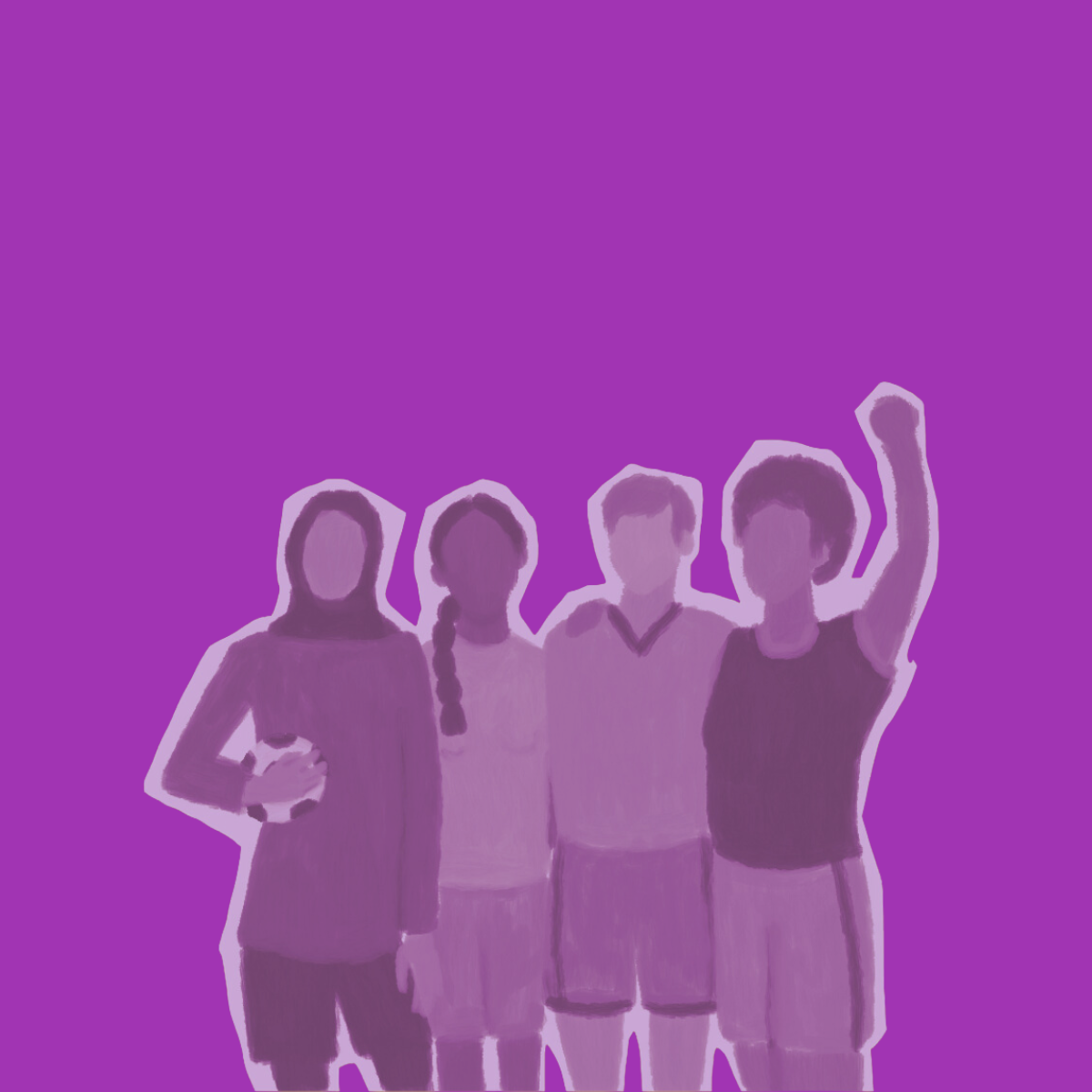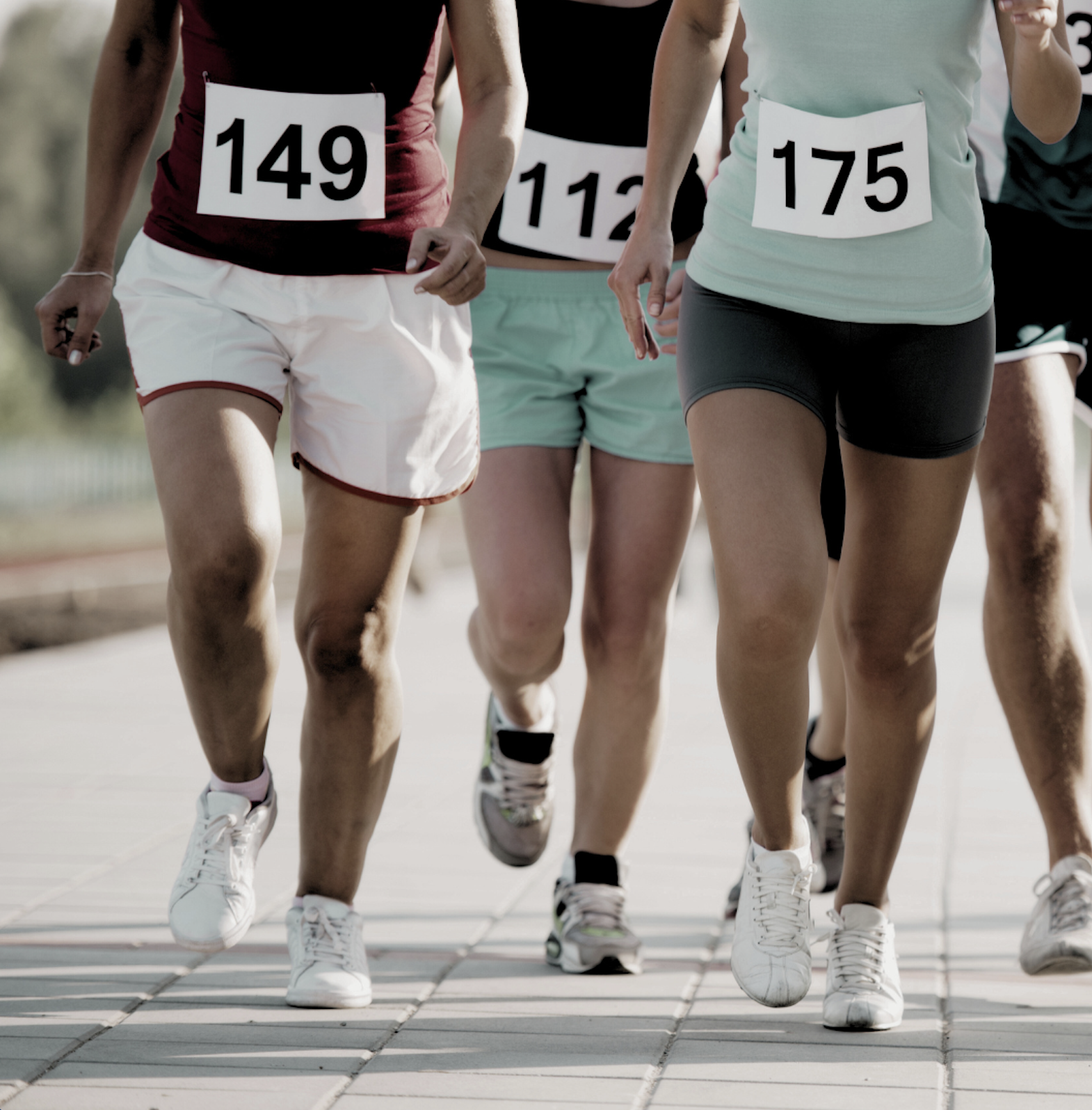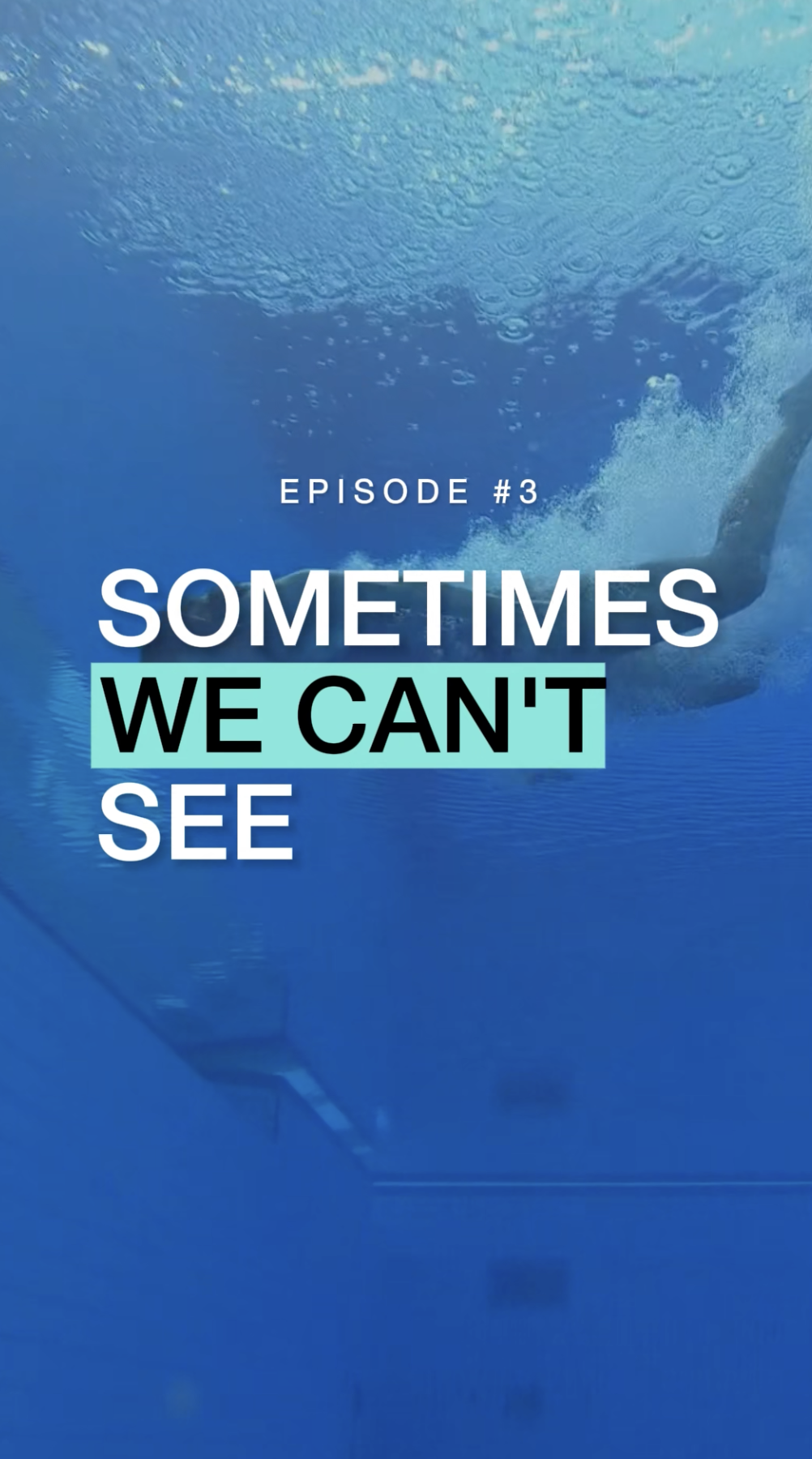The year 2022 will bring not one, not two, but three mega-sporting events in countries with problematic human rights records: the 2022 Winter Olympics in China, the 2021 FIFA Club World Cup in the United Arab Emirates, and the 2022 FIFA Men’s World Cup in Qatar.
The idea that sport can and should remain politically neutral has been evoked as a constant refrain throughout the years by sport governing bodies’ leadership, especially by the International Olympic Committee and FIFA.
At international arenas like the Olympics and FIFA World Cup, athletes compete, not as clubs or individuals, but as humans and representatives of their home countries. National anthems are played as the winning athletes receive medals. Their medals are then counted and used to rank countries, and brought home as prizes of national excellence and achievement. Participating at the Olympics or the World Cup gives governments the opportunity to put forth an image of economic, social, cultural, and political strength for millions of viewers both abroad and at home — an image which may or may not be aligned with reality.
When the hosts of those events are countries with blatantly terrible records on human rights, pretending that sports and politics can be separated becomes not just delusional, but dangerous. There’s even a word for it: ‘sportswashing’ – when countries use sport to gloss over their poor human rights records
In hopeful news, this year holds great promise for change because of a growing cohort of athlete activists. 2021 saw athletes like Formula One driver Lewis Hamilton to gymnast Luciana Alvarado and goalkeeper Manuel Neuer using their social media, interviews, podium speeches, and even the competition itself as opportunities to raise awareness for Black Lives Matter, LGBTIQ+ equality, and other causes for human rights.
In addition to athletes using their platforms to speak out against the world’s injustices, the world has also begun to wake up to injustice within the realm of sport. Documented cases of systemic sexual and physical abuse at USA Gymnastics, the Mali Basketball Federation, Swimming Australia, and countless others have received international attention from the media, public, and even lawmakers and governments. Athletes like Simone Biles and Naomi Osaka have taken a stand for mental health and against abuse, choosing to rightly prioritize their own needs over the chance to win medals. These high-profile incidents have pulled back the curtain on the world of sport — proving that human rights, athlete wellbeing, and systemic reform are needed, even at the top echelons of global sport.
Indeed, athletes, sport fans, journalists, activists, workers and communities all over the world are standing up for human rights. FIFA, the IOC and other sport governing bodies will be held responsible for human rights abuses connected to sport — and will be under escalating pressure to use their leverage to advance greater access to human rights for all.
So as we start this new year, let’s look at the three major sporting events and the opportunities and challenges for human rights at each.
Winter Olympics and Paralympics — Beijing (China)
The myriad issues with the 2022 Winter Games have revealed significant gaps in the IOC’s commitment to its so-called “Olympic values” — and prove that “Olympism” is no substitute for binding international human rights standards. The Chinese government is committing crimes against humanity with the forced detention, labor, and systematic repression of ethnic minorities in Xinjiang. In Tibet, Hong Kong, and elsewhere the ruling party is also crushing freedom of expression and information, shutting down news organizations, jailing journalists, and cracking down on anyone who dares to oppose the government. The traditional adoption of the “Olympic Truce” in the face of these human rights violations is particularly troublesome. The International Olympic Committee, by refusing to act, is making its commitments to excellence, peace, and respect ring hollow with insincerity.
This has led many countries to heed the calls of human rights organizations to stage a diplomatic boycott of the 2022 Winter Olympics and Paralympics. Athletes will compete, but countries like the US, Japan, UK, Australia, Scotland, and New Zealand will not send the government officials who would normally attend the games.
On top of this, China’s censorship and disappearance of Peng Shuai has spotlighted the dangers for athletes and any individuals who criticize government or party officials. Combined with the IOC’s Rule 50 — which restricts athletes from demonstrating during sporting events and medal ceremonies — and possibility of surveillance by the Chinese government, this puts the safety and rights of all athletes in Beijing at risk. The IOC’s refusal to acknowledge Peng’s experience of sexual abuse and persistence in supporting China’s cover-up have revealed just how problematic the connection between the Olympics and rights-abusing host countries really is.
FIFA Club World Cup — United Arab Emirates
February 2022 will also bring the FIFA Club World Cup to Abu Dhabi. The UAE is riddled with human rights abuses including LGBTQ+ discrimination, labor issues & migrant worker abuse under the remnants of the kafala system, as well as targeting and punishing human rights defenders like Ahmed Mansoor.
One of the most salient issues with this Club World Cup is the non-transparent process used to select the UAE as host. The tournament was originally planned for China but was rescheduled for Japan and then the UAE apparently due to issues from the Covid-19 pandemic. FIFA concedes it made this decision without prior human rights assessment or meaningful stakeholder consultation, making the organization once again in breach of its own human rights commitments and policy.
FIFA Men’s World Cup – Qatar
In late November to early December, FIFA’s most-watched competition, the Men’s World Cup will take place in five cities in Qatar. As the first time the World Cup has ever been held in the Middle East, this historic tournament has stoked years of public outcry over the rampant abuses of migrant worker, labor, and LGBTQ+ rights. In Qatar, homosexuality and extramarital sexual relations are still criminalized, which means that all athletes, fans, and other individuals travelling to the games who either identify as LGBTQ+ or support gay rights may be at risk.
Though Qatar has undertaken significant reforms to its labor laws since it reached agreement at the ILO in 2017, many athletes and human rights activists are still rightfully concerned about whether FIFA and the country have done enough to advance labor rights and provide remedy for victims. Recent reporting on the delayed wages and unexplained deaths of migrant workers by Human Rights Watch and Amnesty International has shown that implementation of the new labor reforms remains a challenge.
In November 2021, Qatari authorities arrested and detained two Norwegian journalists investigating conditions for migrant workers ahead of the World Cup. Other individuals like Jordanian Abdullah Ibhais have also been arrested and punished for criticizing the government’s activities. In these political cases, FIFA will be under pressure to ensure just outcomes under a global spotlight.
In sum, it is time to hold sport governing bodies and governments accountable to the international human rights standards they say they recognize.
In a year with three mega sporting events and billions of fans, it is no exaggeration to say the world will be watching — and the SRA will be here to make sure the world also sees the importance of human rights in sport, and hold FIFA and IOC accountable to their responsibility under international law. Global sport can be an authentic force for good, but it will take all of us to get it there.
